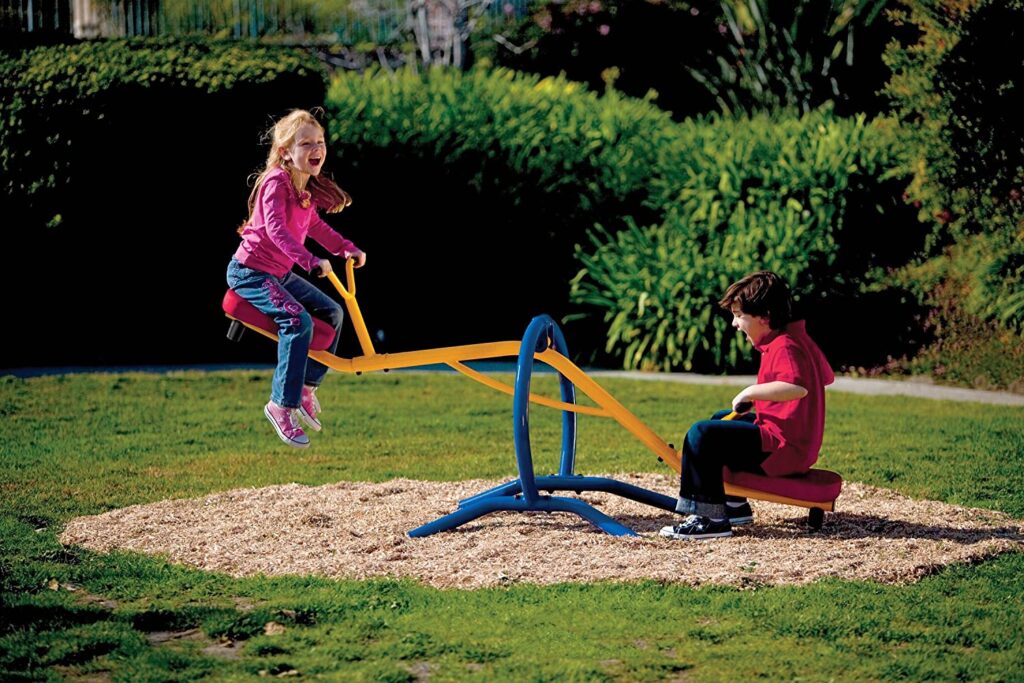
When I worked for engineering consulting firms, their management and human resources staff would, on occasion, become keenly interested in promoting the concept of a work/life balance. They would usually over-think it. This is the same organization who came to me one time early in my career, with two managers, and instructed me that I would need to take on some additional work that was on a tight deadline. I told them that I was already working 80 hours a week, and I would be unable to complete their additional assignment. The two managers looked at each other, and one said to me, “Maybe you need to work 100 hours a week”. Nice.
Fast forward to where I am today. I spend a nice amount of time at my cabin in the mountains. I wish I could spend all of my time there. In the mornings I enjoy a cup of coffee as the sun rises over the horizon, revealing a new day. I spend some time working on my computer almost every day, but I break it up with walks around the lake, chopping firewood, fishing, fixing my chainsaws, going for a run or hike, or any other of a myriad of cabin related things. In the afternoons, I usually spend some more time on my computer again, and break it up with more cabin related activities. That is work/life balance. Of course, some days require me to spend most of my day at the computer. But I’m at the cabin!
Back to the main point. As Deloitte (https://www2.deloitte.com/us/en/insights/focus/human-capital-trends/2021/workforce-trends-2020.html/?id=us:2ps:3bi:consem21:eng:cons:010721:nonem:na:iqXjol36:1209959214:77515713772710:be:Future_of_Work:HCT21_Wellbeing_Exact:nb) says, “It’s no longer about achieving work/life balance; the pandemic has shown us that well-being is not about balancing work with life, but integrating them. When an organization is able to successfully design well-being into work, well-being becomes indistinguishable from work itself, embedded across all organizational levels and environments to not only drive and sustain human performance, but also human potential”.
This seems like a lot of BS to me. I have no idea what they mean when they say, “well-being becomes indistinguishable from work itself”. Sounds like corporate double-talk meant to make you falsely feel good about how your employees actually feel.
I see on “Sage Advice” (12 ways to support a better work-life balance for your employees | Sage Advice United Kingdom), they give advice like: offer flexible and remote working; encourage managers to focus on productivity rather than hours and regularly review workloads. Right. Not every person responds the same to every “motivation”. They continue with “increase support for parents”. Wonderful. Do you leave non-parents behind? They also suggest you could help staff with their tax returns or tax support if they have any questions. Seems pretty invasive to me!
I think the bottom line is that work/life balance seems to be a personal choice, and none of want the same thing. Some people want time; some want money. Some want more freedom; some want more security. We are all individuals. If you are not happy with your current work/life imbalance, then speak up. Remember those managers who wanted me to work a 100-hour week? I told them that I was not going to work 100 hours a week, and I didn’t. This may seem like a minor victory, since I was still working 80 hours a week, but it was a victory, nonetheless.
Today, I have an actual work/life balance, and it feels great! Pardon me, but I need to go chop some firewood now.


Comment (1)
George Gardner
February 16, 2021 at 8:26 pmGood reminder – thank you Bryan.
Comments are closed.